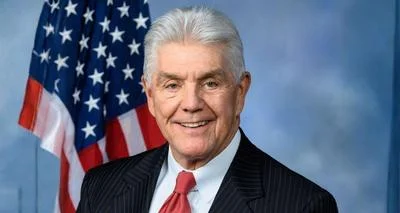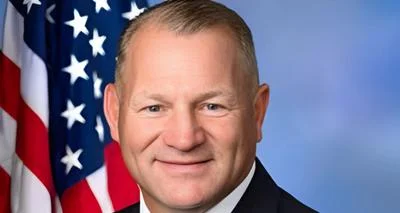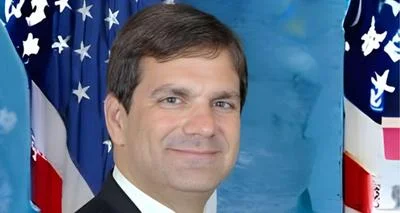Washington, D.C. -Today, Rep. Carolyn B. Maloney, Chairwoman of the Committee on Oversight and Reform, issued the following statement after the Inspector General of the Department of Justice (DOJ) found severely deficient oversight and management of the Drug Enforcement Administration’s (DEA) supported Foreign Law Enforcement Units:
“After our Committee raised serious concerns about the Drug Enforcement Administration in 2018, the DOJ Inspector General undertook a thorough review. The IG’s new report reveals a troubling pattern of poor oversight of DEA’s foreign law enforcement units. I am concerned by these findings but encouraged that DEA accepted all 10 of the IG’s recommendations. I urge DEA to take swift action to implement these recommendations and to strengthen accountability, enhance risk management, and reduce the occurrence of critical incidents involving foreign law enforcement units."
DEA relies on Foreign Law Enforcement Units to target and disrupt transnational drug trafficking, among other critical bilateral efforts. In 2018 the Oversight Committee sent a letter to the DOJ Inspector General requesting an IG investigation after receiving alarming reports of mismanagement and inadequate oversight within DEA international offices.
Below are key findings from the DOJ Inspector General’s alarming report :
* The report found that despite DEA’s history of “critical incidents" involving foreign law enforcement units in Mexico, Honduras, and Haiti, “DEA has not performed any program-level reviews or assessed its oversight structure to determine what systemic improvements may have been needed to mitigate the risk of similar incidents occurring in the future." In addition, the Inspector General found that that “DEA guidance on headquarters’ responsibility to track and monitor critical incidents and to hold DEA Country Offices accountable for assessing risks and resolving each critical incident was inadequate."
* The report found that DEA has not maintained or established necessary host nation agreements. DEA has not adequately tracked Memoranda of Understanding (MOUs) with other countries, which poses a threat to operations because “these MOUs must clearly define the objectives and terms of the partnership, the composition of the units, and the requirements for training and vetting of SIU [Sensitive Investigative Unit] and Non-SIU members." The absence of clear and up-to-date host nation agreements weakens DEA’s effectiveness and ability to ensure compliance by our foreign partners.
* The report found insufficient oversight of foreign partner entities, units that are created by Country Offices and “operate outside of DEA’s established controls." IG found numerous instances of inefficient oversight and enforcement of SIU mission and policy and program requirements by DEA’s Country Offices, as well as insufficient coordination and monitoring of the “administration of these financial and investigative partnerships."
* The report found that the lack of coordination between DEA headquarters and Country Offices poses serious threats to DEA’s Judicial Wire Intercept Programs (JWIPs) which have proven successful in gathering intelligence and assisting in bilateral operations to disrupt drug trafficking. Limited awareness of policy regarding JWIPs and flawed coordination efforts heightened the risk of “noncompliance with U.S. export control laws" and threatened U.S. interests.
* The report found that “DEA does not have a full accounting of all funding provided to and expenditures made for SIUs and Non-SIUs," because their financial management and tracking system is flawed. Without a full accounting of sources of funding, DEA is unable to effectively access its budgetary needs and other key stakeholders and decision makers cannot fully determine existing program resources. Furthermore, due to insufficient “oversight and review of SIU and Non-SIU expenditures administered, DEA Country Offices may have circumvented payment requirements in the Foreign Assistance Act."









